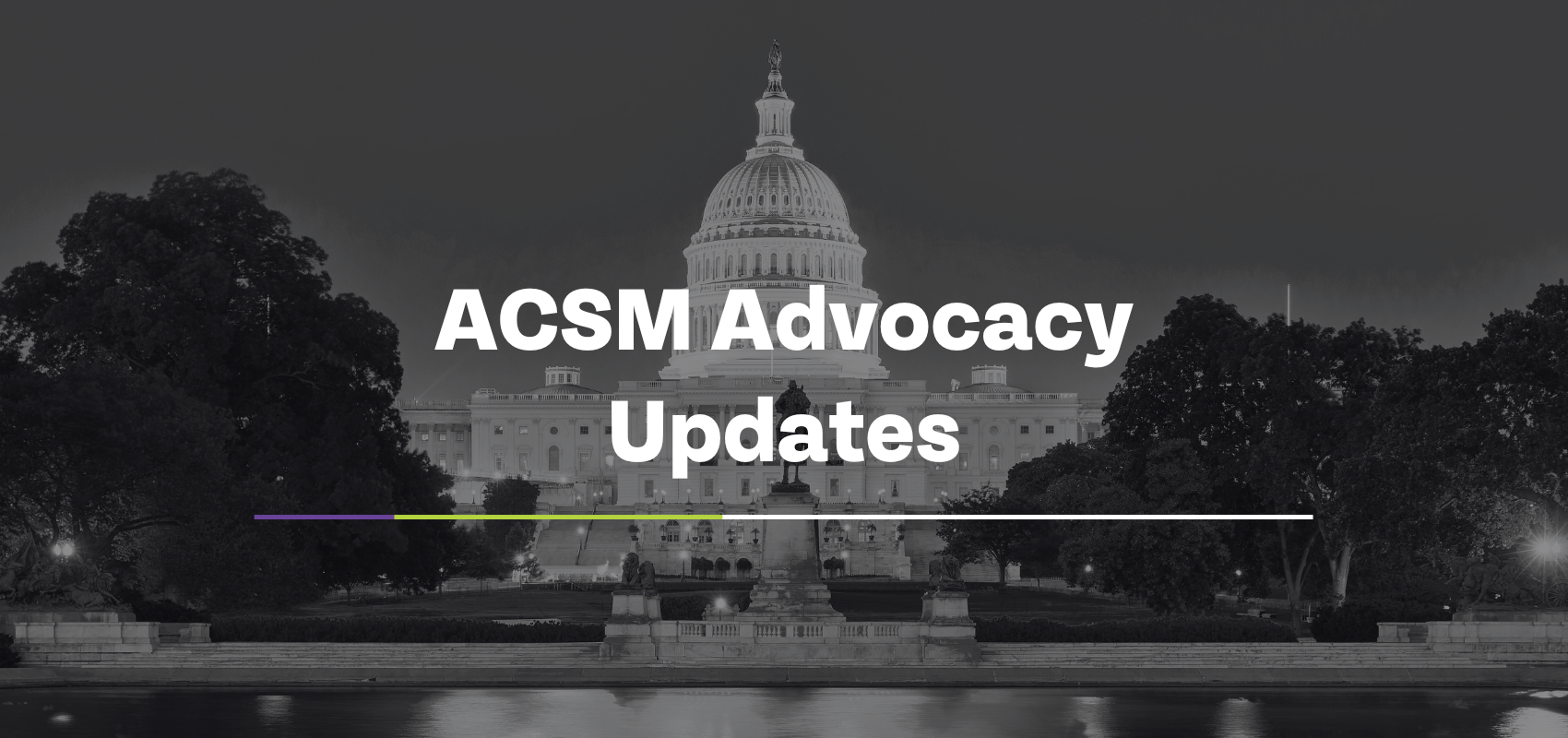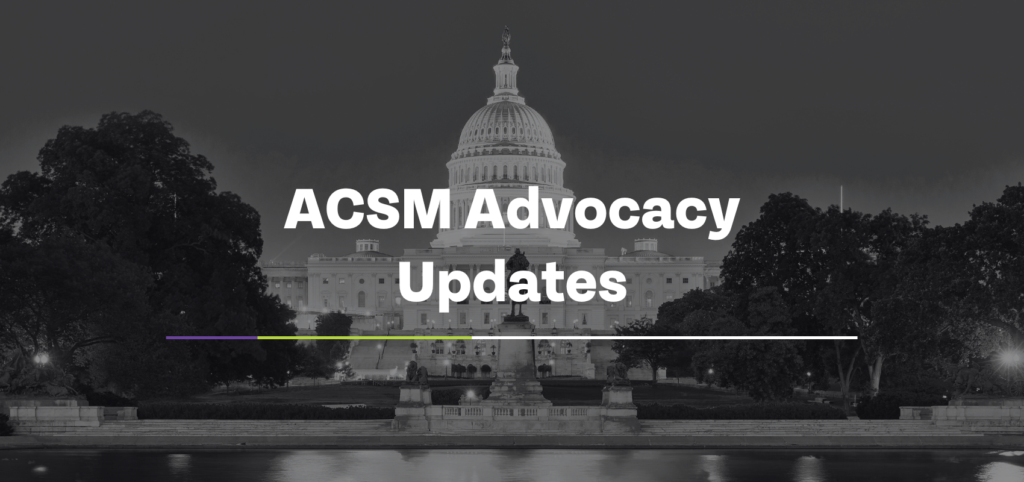The 2025 reconciliation bill, officially known as the “One Big Beautiful Bill Act” (OBBBA), underwent significant changes as it moved from the House to the Senate and ultimately became law. Here are comprehensive summaries of each version:
House-Passed Version (May 22, 2025)
The House passed its version of the reconciliation bill by a narrow 215-214 margin on May 22, 2025. The House version focused heavily on extending Tax Cuts and Jobs Act (TCJA) provisions while adding new tax benefits and enforcement measures.
Key Tax Provisions
- PHIT (Personal Health Investment Today) Act provision: Individuals would be able to use health savings account (HSA) and flexible spending account (FSA) funds to pay for physical activity and fitness expenses, such as gym memberships and instructional physical activity, up to $500 per year for individuals and $1,000 for families.
- Child Tax Credit: Increased to $2,500 per child for 2025-2028, then permanently $2,000 with stricter Social Security number (SSN) requirements for both parents and children
- SALT Deduction: Raised cap to $40,000 with phaseout for high earners, reverting to $10,000 after five years
- Individual Tax Rates: Permanently extended TCJA rates with 37% top rate
- Estate Tax: Increased exemption to $15 million per person ($30 million for couples) in 2026
- QBI Deduction: Permanently extended and increased from 20% to 23% for qualified business income
- Bonus Depreciation: Temporary extension through 2029 for 100% expensing
- R&D Expensing: Temporary restoration through 2029
New Tax Benefits
- No Tax on Tips: Above-the-line deduction for qualified tips (2025-2028)
- No Tax on Overtime: Deduction for overtime premium pay (2025-2028)
- Senior Deduction: $4,000 deduction for seniors 65+ with income limits
- Car Loan Interest: Up to $10,000 deduction for U.S.-assembled vehicles (2025-2028)
- MAGA Accounts: New savings accounts for children with $1,000 government contribution
Immigration and Border Security
- Immigration Enforcement: $79.7 billion for ICE operations and detention
- Border Security: $78.6 billion for border infrastructure and CBP operations
- State Reimbursement: $12 billion for states supporting border enforcement
Health Care and Social Programs
- Medicaid: Significant cuts with expanded work requirements and new verification procedures
- SNAP: Expanded work requirements for able-bodied adults
Clean Energy
- Aggressive Phaseout: Rapid termination of most clean energy tax credits by 2025-2026
Fiscal Impact
- Debt Limit: Increased by $4 trillion
- Cost: Estimated $2.7 trillion increase in primary deficits over 10 years
Senate-Passed Version (July 1, 2025)
The Senate passed its version 51-50 on July 1, 2025, with Vice President JD Vance casting the tiebreaking vote. The Senate made significant modifications to achieve permanence for business provisions while adjusting individual tax benefits.
Key Differences From House
- Child Tax Credit: Permanently set at $2,200 per child (lower than House’s $2,500)
- SALT Deduction: Kept at $10,000 cap as “placeholder” (major difference from House)
- Senior Deduction: Increased to $6,000 for seniors 65+ (higher than House’s $4,000)
- QBI Deduction: Maintained at 20% (no increase from current law)
- Business Provisions: Made permanent (bonus depreciation, R&D expensing, interest limitation)
Immigration and Border Security
- Immigration Enforcement: $39.5 billion for ICE operations (less than House)
- Border Security: $130.2 billion for border infrastructure (more than House)
- Total Immigration Funding: Approximately $170 billion over four years
Energy Policy
- Modified Phaseout: Less aggressive termination schedule for clean energy credits
Fiscal Impact
- Debt Limit: Increased by $5 trillion (higher than House)
- Cost: Estimated $3.2 trillion increase in primary deficits over 10 years
Notable Removals
Several provisions were removed during the “Byrd Bath” process to comply with reconciliation rules:
- Certain immigration policy changes deemed nonbudgetary
- Some enforcement mechanisms that violated Senate rules
Final Law (Signed July 4, 2025)
President Trump signed the final version into law on July 4, 2025, which largely followed the Senate version with some key compromises.
Tax Provisions (Final)
- Child Tax Credit: Permanently $2,200 per child with work-eligible SSN requirements
- SALT Deduction: Adopted House approach — $40,000 cap with phaseout for high earners, reverting to $10,000 after 2029
- Senior Deduction: $6,000 for seniors 65+ (Senate level)
- QBI Deduction: Maintained at 20% permanently
- Business Provisions: All made permanent (bonus depreciation, R&D expensing, interest limitation)
- Estate Tax: $15 million exemption per person permanently
Immigration and Border Security (Final)
- Immigration Detention: $45 billion for detention facilities, including family detention
- Immigration Enforcement: Approximately $32 billion for ICE operations and deportations
- Border Security: Over $75 billion for border wall construction, surveillance and enforcement
- Total Immigration Funding: Approximately $150 billion over four years
New Fees and Restrictions
- Asylum Applications: $100 initial fee plus $100 annual fee
- Work Authorization: $550 initial fee, $275 renewal for asylum seekers, parolees and TPS holders
- Parole Applications: $1,000 fee
- Remittance Tax: 1% excise tax on money transfers (adopted Senate rate)
Healthcare and Social Programs (Final)
- Medicaid: 12% reduction in spending with expanded work requirements
- SNAP: Expanded work requirements and state cost-sharing
- Health Care Access: Restrictions on Medicaid for certain lawfully present immigrants
Clean Energy
- Modified Phaseout: Gradual phaseout of clean energy credits through 2031
- Solar/Wind: Projects beginning construction before July 5, 2026, remain eligible
Fiscal Impact (Final)
- Debt Limit: Increased by $5 trillion
- Cost: Estimated $3.2 trillion increase in primary deficits over 10 years
- Tax Revenue: $4.3 trillion reduction over 10 years
Key Compromises in Final Law
- SALT Deduction: Final law adopted House’s $40,000 cap approach rather than Senate’s $10,000 cap
- Child Tax Credit: Senate’s lower $2,200 amount but made permanent
- Business Provisions: Senate’s permanence approach for bonus depreciation and R&D expensing
- Immigration Funding: Balanced approach between House and Senate amounts
- Clean Energy: Senate’s more gradual phaseout schedule
The “One Big Beautiful Bill” is a sweeping piece of legislation that enacts historic tax cuts, spending reforms and new economic measures affecting nearly every sector of American life. The American College of Sports Medicine® (ACSM) was disappointed that the Personal Health Investment Today (PHIT) Act was not included in the final package. The PHIT provision would have allowed Americans to use pre-tax HSA funds for fitness and physical activity expenses — a change ACSM has championed to make healthy living more accessible. ACSM believes that excluding this bipartisan measure is a missed opportunity to advance preventive health and continues to advocate for its adoption in future legislation.
Please contact Monte Ward, ACSM VP for government relations, at mward@acsm.org with any questions, concerns or suggestions regarding how we can best advocate for you and your profession on Capitol Hill.


